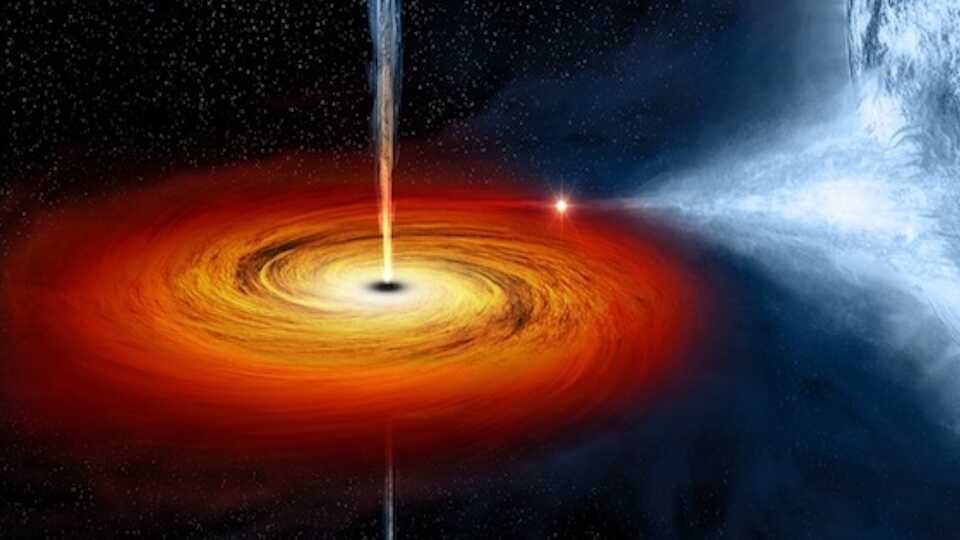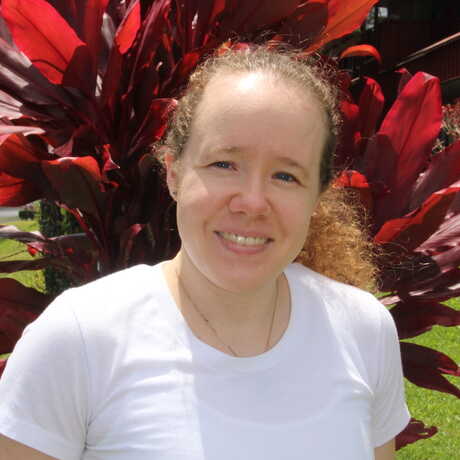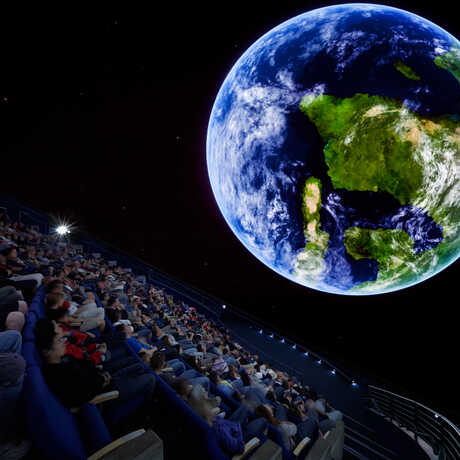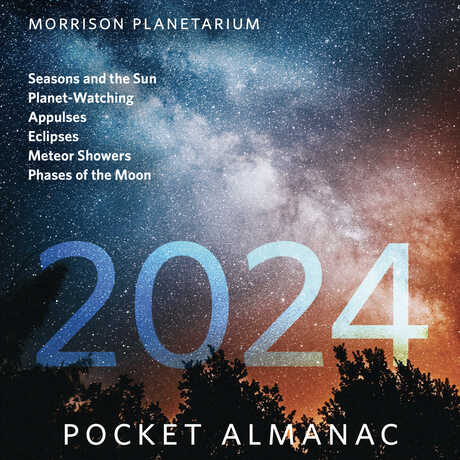Benjamin Dean Astronomy Lectures
Unraveling the Mysteries of Black Holes and Neutron Stars

Unravelling the Mysteries of Black Holes and Neutron Stars
Monday, May 13, 2024
7:30 pm, Morrison Planetarium
Featuring Dr. Alexandra Tetaranko, University of Lethbridge
The most powerful cosmic engines in our universe are fueled by compact objects such as black holes and neutron stars. These cosmic engines consume large amounts of material and expel matter in the form of jets traveling at near the speed of light. Recent groundbreaking discoveries of gravitational waves from systems harboring compact objects and the direct imaging of the black hole shadows with the Event Horizon Telescope, represent major steps forward in our understanding of such systems. However, there exists a huge population of compact objects in our own galaxy which provides much more ideal laboratories, offering a real-time view of the behavior of these compact objects and their dynamic environments. In this talk, Dr. Tetarenko will discuss new experiments leveraging the capabilities of today's state-of-the-art telescopes to observe repetitive, (somewhat) predictable, energetic surges of radiation that allow us to track the path of material from inflow to outflow in these galactic systems.
Image credit: NASA/CXC/M.Weiss
About Dr. Alexandra Tetarenko

Dr. Alex Tetarenko was born and raised in Calgary, Alberta, Canada. She received her BSc in Astrophysics from the University of Calgary, and she pursued graduate school at the University of Alberta, obtaining her MSc in 2014 and her PhD in 2018. For her PhD work, Alex received the J.S. Plaskett Medal awarded by the Canadian Astronomical Society for the most outstanding PhD thesis in Canada. Following her PhD studies, Alex worked in the Maunakea Observatories in Hawaiʻi and held a NASA Einstein Fellowship at Texas Tech University. Currently, Alex is an Assistant Professor at the University of Lethbridge in Alberta, Canada, where she is focused on studying compact objects like black holes and neutron stars in our Galaxy.
From outer space to Earth's inner core, explore the universe from Morrison Planetarium's 75-foot digital dome.

Download Morrison Planetarium's 2024 Pocket Almanac to stay up-to-date on eclipses, meteor showers, satellite spottings, and more.
